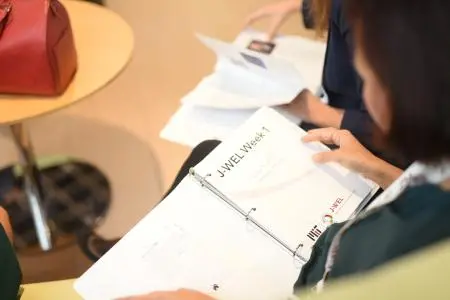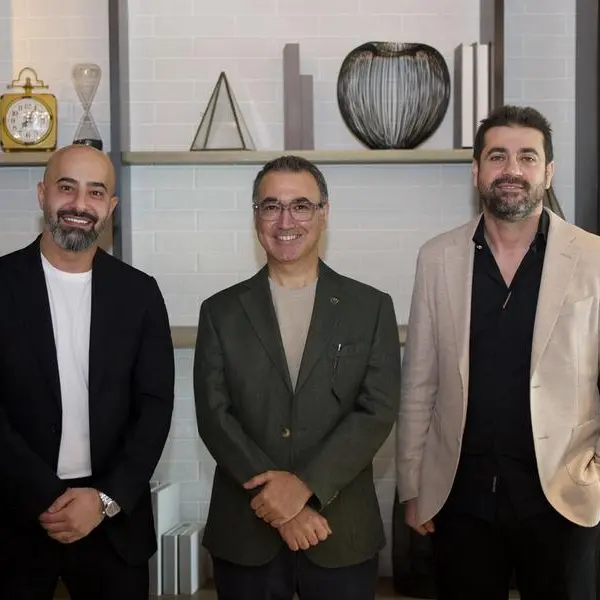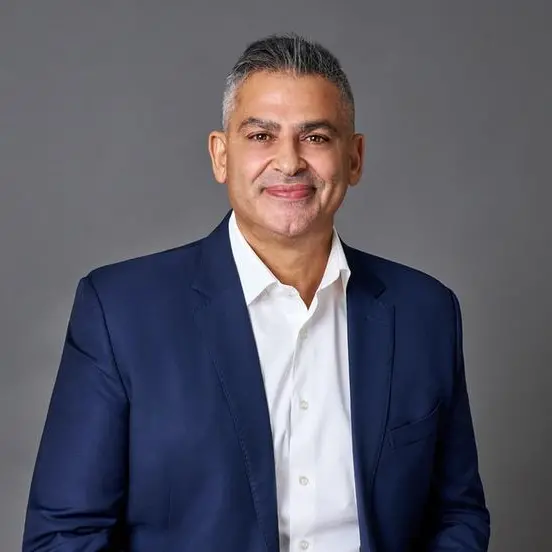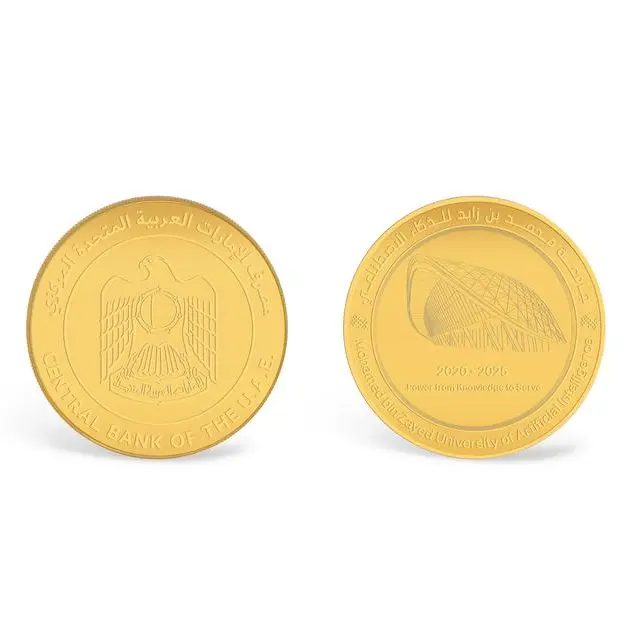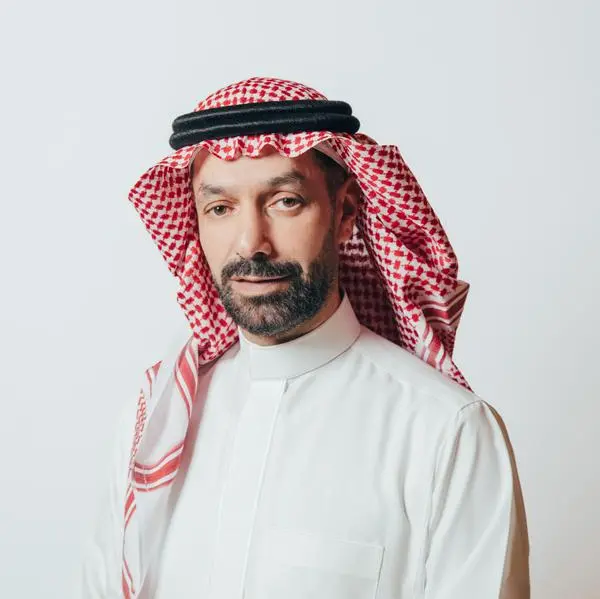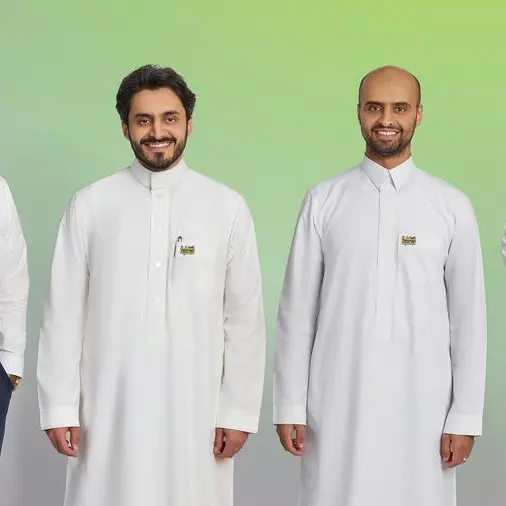PHOTO
J-WEL aims to spark a global renaissance in education in schools, higher education, and workplace learning
New initiative supports Saudi Vision 2030 on education
Jeddah, Saudi Arabia
The Abdul Latif Jameel World Education Lab (J-WEL), which aims to assist in transforming education around the world, welcomed leading global experts to MIT’s campus in Cambridge, Massachusetts, to discuss the future of education and learning.
The four-day event represents the first major initiative of J-WEL and focuses on the three pillars of lifelong education: pK-12, higher education, and workplace learning.
A series of activities were held as part of J-WEL week, including lectures, speeches and workshops, where participants from countries such as Saudi Arabia, Singapore, and the United Kingdom worked collaboratively on some of the most pressing issues facing education today.
Co-founded in May 2017 by Community Jameel, the social enterprise organisation, and the Massachusetts Institute of Technology (MIT), J-WEL aims to help people fulfill their true potential by transforming education and learning at all levels and ages. It seeks to strengthen knowledge transfer and development, and equip individuals with the skills and abilities needed for the modern workplace.
J-WEL fosters new initiatives to bring together stakeholders including schools, governments, NGOs, philanthropists, and businesses who will have special access to MIT programs and resources, such as trainings, workshops, and certification programs, as well as partnership opportunities with MIT and other members.
J-WEL is part of MIT’s broader $5 billion global ‘Campaign for a Better World’ and sits alongside ongoing collaborations between Community Jameel and MIT, including the Abdul Latif Jameel Poverty Action Lab (J-PAL) and the Abdul Latif Jameel World Water and Food Security Lab (J-WAFS), along with other projects. Mohammed Abdul Latif Jameel, Chairman of Community Jameel, is an MIT Corporation life member.
Fady Mohammed Jameel, President of Community Jameel International, said: “Education and learning are fundamental to development, building strong and diversified economies, and creating opportunity and prosperity for all.”
He added: “Through J-WEL, we want to bring together experts from across the education space, gathering perspectives, knowledge and experience to address the challenges facing learning at all levels, and to develop real, workable solutions. The inaugural J-WEL Week is the first step in this process, and we are delighted with the high level of engagement in the initiative.”
Sanjay Sarma, MIT's vice president for open learning, and Vijay M. S. Kumar, associate dean of digital learningand J-WEL’s executive director, have led strategic educational initiatives for MIT, and are driving the creation of three J-WEL initiatives focusing on pK-12, Higher Education, and Workplace Learning. These initiatives draw upon existing educational resources at MIT, including the MIT Integrated Learning Initiative and the Office of Digital Learning, as well as on-going Institute research in childhood development and employee training methods.
Sanjay Sarma, MIT Vice President for Open Learning, describes the J-WEL approach: “Through J-WEL, we will forge new and long-lasting collaborations as we learn, share, and train together, using the assets developed at MIT as well as by leveraging the community convened by J-WEL.”
For more information on J-WEL, visit: https://jwel.mit.edu/
-Ends-
The inaugural J-WEL Week (Oct 9-12, 2017) was attended by the following 27 countries: Argentina, Australia, Brazil, Cape Verde, China, Columbia, Costa Rica, France, India, Japan, Jordan, Kuwait, Mauritius, Mexico, Nigeria, Norway, Peru, Saudi Arabia, Singapore, South Africa, Spain, Sri Lanka, The Netherlands, United Arab Emirates, Uganda, United Kingdom and the United States.
According to the World Bank, the Middle East and North Africa region has made significant strides in education – between 1960 and 2014, the average level of schooling quadrupled - but challenges still remain, including improving the quality of education and ensuring new graduates are ready for the workplace. Globally, millions of individuals throughout the world lack adequate access to education. It is estimated that 262 million children worldwide are not in school. Workers, non-traditional learners, and industries also need educational opportunities to keep pace in a fast-changing global economy.
Community Jameel is a social enterprise organisation that helps communities transform themselves through a wide range of initiatives. It works to create job opportunities, tackle unemployment, promote arts and culture in the Middle East and around the world, enable research for poverty alleviation and food and water security, and provide education and training opportunities. Community Jameel was formally established in 2003 to continue the Jameel family's tradition of supporting the community, a tradition started in the 1940s by the late Abdul Latif Jameel, founder of the Abdul Latif Jameel business, who throughout his life helped tens of thousands of disadvantaged people improve their lives.
© Press Release 2017
